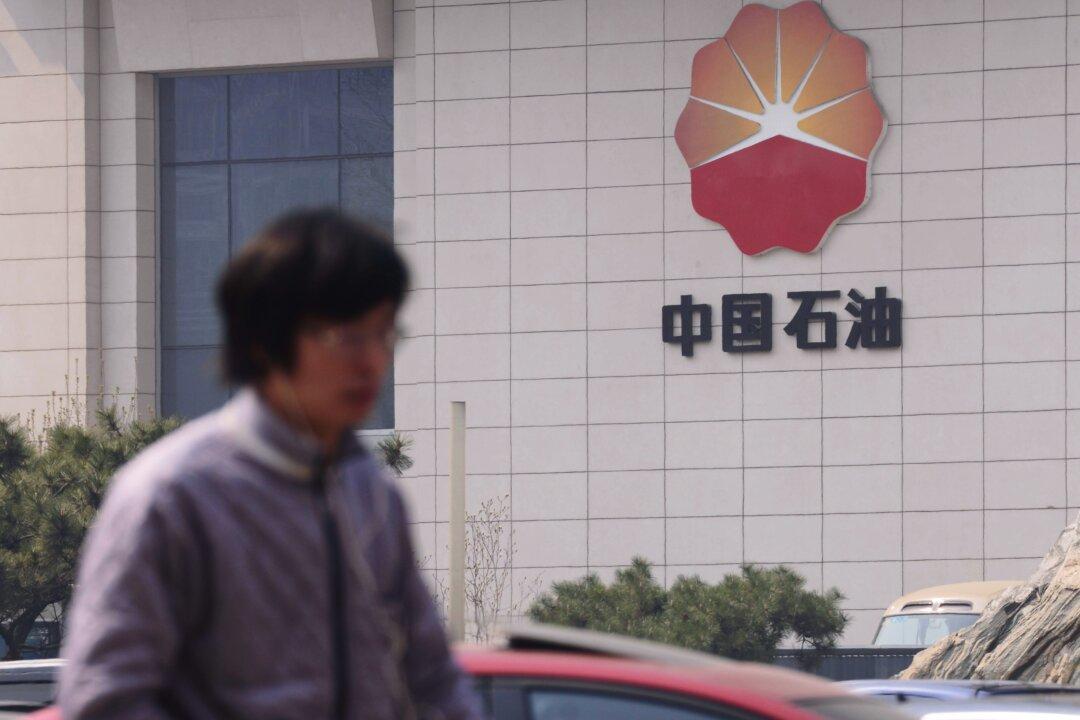The Chinese Communist Party (CCP) has directed certain overseas Party cells to destroy sensitive documents and safeguard Party secrets, in response to heightened scrutiny in the West of the regime’s covert activities abroad, an internal document obtained by The Epoch Times reveals.
A notice issued in August by China’s state-owned oil giant China National Petroleum Corporation (CNPC) instructed that the company’s overseas offices in more than ten countries, including Australia and Canada, must “urgently destroy or transfer sensitive documents” relating to “overseas Party-building activities.”




